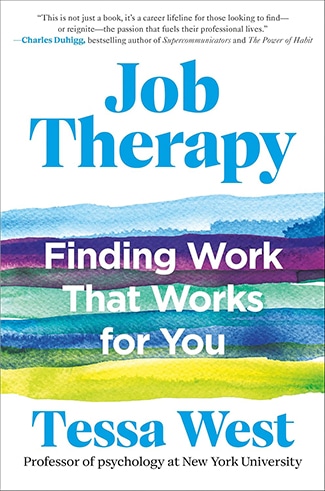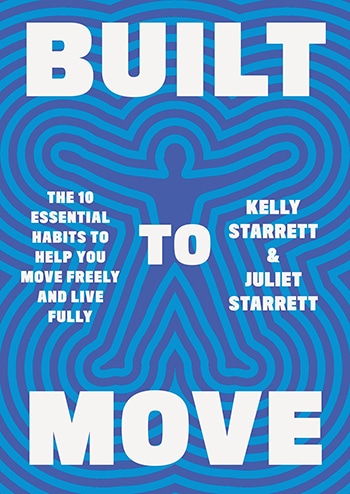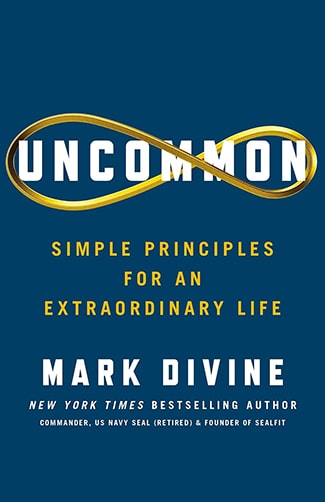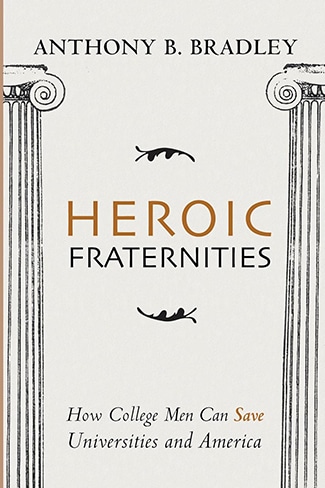Podcast Summary
Psychological barriers to shared reality: Understanding and overcoming psychological barriers like shallow conversations, fear of disclosing thoughts, and the liking gap can help us develop shared reality and truly connect with others
The feeling of loneliness isn't solely due to external factors like weakening communities or digital technology. Instead, it's often rooted in psychological barriers that prevent us from forming a shared reality with others. This shared reality is essential for social connection as it makes us feel that the other person is on the same wavelength as us. David Robson, in his book "The Laws of Connection," explores various psychological barriers that hinder the development of shared reality, such as shallow and superficial conversations, fear of disclosing important thoughts, and the liking gap. By understanding and overcoming these barriers, we can make the most of opportunities to connect with people and achieve our social potential. It's not just about being around people; it's about truly connecting with them.
Social Reality and Connection: Consistent behavior, avoiding ambivalent relationships, and being mindful of actions towards others help establish a shared reality for social connection, reducing stress and improving overall well-being.
Sharing a sense of reality with others is crucial for social connection and our overall well-being. This shared reality can be established through consistent behavior, avoiding ambivalent relationships, also known as "frenemies," and being mindful of our actions towards others. Research shows that brain activity can synchronize when people share a reality, creating a neurological foundation for social connection. Frenemies, despite having good and bad qualities, can be more stressful than consistently negative relationships due to the uncertainty and investment in the relationship. To improve our social connections, we should reflect on our own behavior and strive for consistency, while also being aware of the potential negative effects of frenemies on our well-being.
Active listening and validation: Active listening, validating others, engaging in synchronized activities, and trusting that others will generally like us can foster deeper connections, build stronger relationships, and lead to personal growth
Creating mutual understanding with the people we meet is crucial for fostering deeper connections. This can be achieved through active listening, verbalizing our feelings, and engaging in synchronized activities. By validating others' thoughts and encouraging self-expansion, we can build stronger and more meaningful relationships. Additionally, trusting that others will generally like us as much as we like them can help bridge the "liking gap" and prevent unnecessary anxiety in new social situations. These practices can lead to a lot of personal growth and expanded perspectives.
Liking gap: The liking gap can persist even after months of interaction, leading to uncertainty and mistrust. Bridging this gap requires engaging in meaningful conversations and practicing social skills regularly.
Building and maintaining strong relationships involves overcoming the "liking gap" and improving our social skills, especially for introverts who tend to have more pessimistic assumptions about social interactions. The liking gap refers to the discrepancy between how much we believe the other person likes us versus how much we like them. This gap can persist even after several months of interaction, leading to uncertainty and mistrust. To bridge this gap and build a shared reality, it's essential to engage in meaningful conversations that go beyond superficial questions and allow for deeper connection. Asking open-ended questions that build on each other and encourage storytelling can help create a shared reality and strengthen the bond between individuals. Introverts, in particular, can benefit from pushing past their initial reluctance and practicing social interactions regularly to improve their confidence and expectations. Ultimately, the ability to connect with others and build strong relationships is a skill that can be developed through intentional practice and meaningful conversations.
Effective conversation techniques: Ask open-ended questions, demonstrate active listening through paraphrasing and interruptions, and focus on establishing a shared reality to build strong relationships.
Effective conversation involves asking open-ended questions that encourage the other person to share their experiences and feelings, demonstrating active listening through paraphrasing and interruptions, and overcoming the novelty penalty by embellishing stories and asking questions to elicit emotional details. While it may seem counterintuitive, interrupting can be a sign of genuine curiosity and engagement, and can help establish a shared reality between two people. However, it's important to avoid interrupting to change the topic or to tell white lies to avoid hurting someone's feelings, as dishonesty can damage relationships in the long run. Instead, focus on asking questions that allow the other person to open up and share their perspective, and actively listen and respond in a way that shows you value their experiences and insights.
Honesty and communication: Honesty builds trust and stronger relationships, even if met with initial defensiveness or discomfort. Being specific and nuanced in delivering negative feedback while offering support can help improve relationships.
While it may be tempting to sugarcoat negative feedback or hide success to avoid envy or discomfort, studies show that honesty and open communication ultimately lead to stronger relationships. Honesty builds trust and a shared reality, even if it may be met with initial defensiveness or discomfort. Being specific and nuanced in delivering negative feedback, while offering support and resources, can help the recipient feel less stressed and more motivated to make improvements. Conversely, hiding success can be insulting to others and hinder the growth of the relationship. Embracing honesty, even in uncomfortable situations, can lead to deeper connections and mutual growth.
Honesty and Social Comparison: Being honest about achievements and avoiding social comparison can lead to joy and contentment, while sharing good news and offering support strengthens relationships and increases well-being for all involved.
Being honest about our achievements and avoiding social comparison can lead to feelings of joy and contentment for both parties involved, rather than envy. Sharing good news with others and offering emotional support, even to those we're not close to, can also strengthen relationships and increase well-being for all involved. It's important to remember that expressing support and offering validation can be more effective than trying to force solutions or reliving painful experiences in detail. By being sensitive and humble in our interactions, we can create meaningful connections and build stronger relationships.
Effective communication in relationships: Asking the right questions, encouraging self-reflection, forgiveness, and apologies are essential for effective communication and connection in relationships, leading to improved health and stronger bonds.
Effective communication and connection in relationships involve more than just acknowledging pain or conflict. Asking the right questions and encouraging self-reflection can help individuals reappraise their experiences and move forward. Additionally, forgiveness and apologies are crucial components of connection and healing. Research shows that holding grudges can negatively impact both psychological and physical well-being, while forgiveness can lead to improved health and stronger relationships. Apologies require genuine acceptance of responsibility, active listening, and a commitment to change. By focusing on these elements, individuals can foster deeper connections and promote healing and growth within their relationships. For more information on these topics and related research, visit David Robson's website at davidrobson.me or check out his book, "The Laws of Connection."







